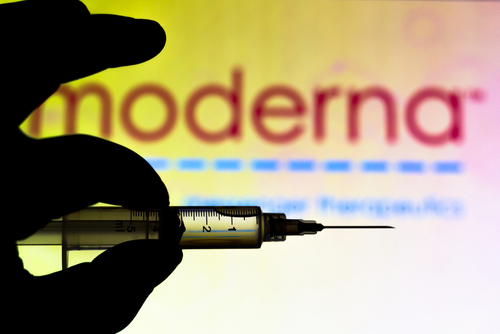
A peer-reviewed report chronicling the phase three trial data of mRNA-1273, Moderna, Inc.’s COVID-19 vaccine, was released in the New England Journal of Medicine last week and confirmed its 94.1 percent efficacy in preventing COVID-19.
Distribution of the vaccine has already begun in the United States. Still, the report should reassure prospective takers, as it also confirmed the vaccine’s ability to prevent severe COVID-19 without safety concerns. In particular, it showed no evidence of inducing vaccine-associated enhanced respiratory disease (VAERD). While about 50 percent of participants experienced moderate to severe side effects like fatigue and muscle aches after the second dose, these tended to be fleeting.
mRNA-1273 was co-developed by Moderna and the National Institute of Allergy and Infectious Diseases (NIAID). Its trial was implemented under the federal government’s Operation Warp Speed and began on July 27, 2020. At clinical research sites across the country, it enrolled 30,420 volunteers who either received two 100 microgram doses of the vaccine or two shots of saline placebo 28 days apart.
Over the course of the trial, 196 cases of symptomatic COVID-19 occurred after participants’ second shots. The majority — 185 — occurred in the placebo group, 30 of which progressed into severe cases. Only 11 cases emerged among the vaccinated, none of which became severe. In a secondary analysis, 236 cases of symptomatic COVID-19 cases emerged among participants at least 14 days after their first shot, 225 of them among the placebo group.
Despite the positive results, the authors note that there is not enough evidence to conclude whether the vaccine impacts the transmission of SARS-CoV-2, the virus that causes COVID-19. However, preliminary trial data suggests that mRNA-1273 may provide some degree of protection against asymptomatic infection after a single dose, and additional analyses are underway to understand the vaccine’s impact on infectiousness.




